Climate Change
It’s been one of Google’s more common search questions in the last few years – which countries would survive climate change or collapse?
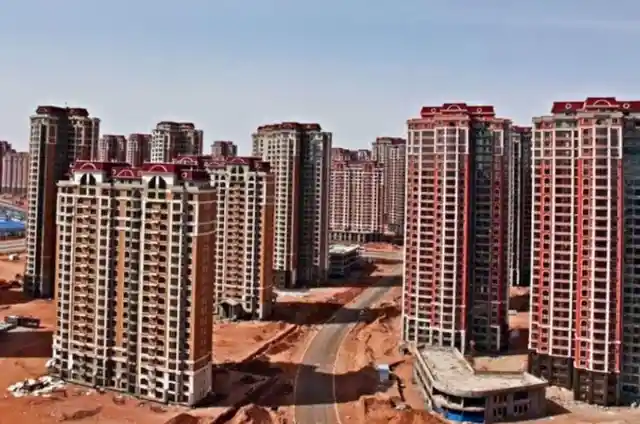

And while most people think it’s mainly due to geography, there are many other factors that help decide which places would hold their own in some significant way.
Ireland
Ireland sits in the top 5 of places that would do well survival some kind of collapse.
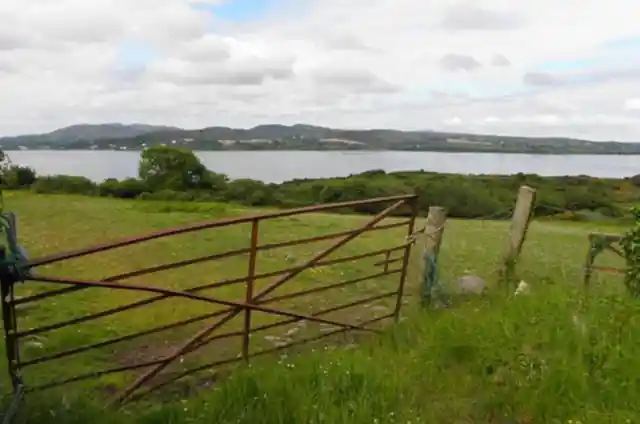
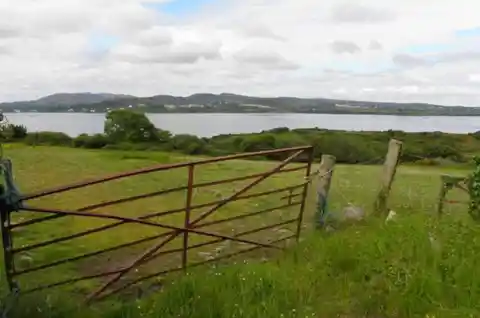
It’s an island with plenty of untapped resources and vast agricultural potential. It sits in one of the possible “sweet spots” to not have its climate become unliveable. But that’s not all.
Ireland
Ireland actually exports far more than it imports.
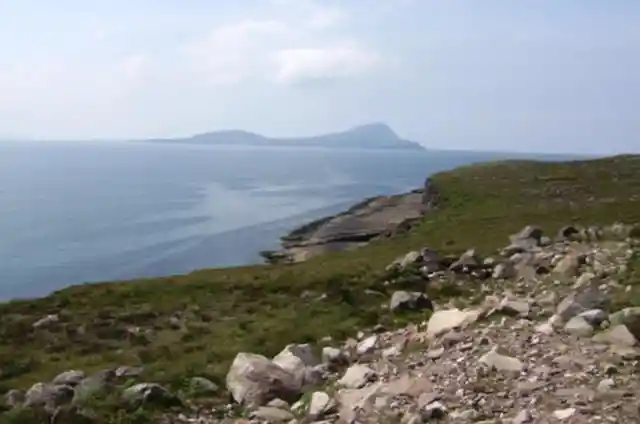
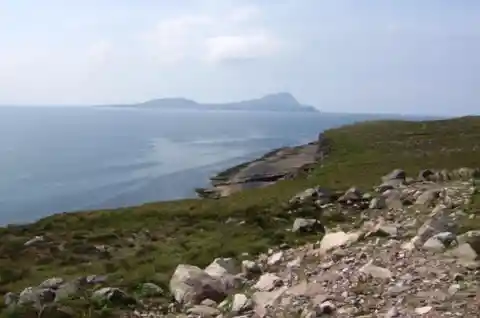
This means if they had to “turtle” inward to survive, it wouldn’t be that drastic of a change. In short, it could withstand any supply chain disintegration. But if this country only sits in the middle of the bunch, what could possibly rank higher ... or even lower?
The States
The United States barely makes it into the top 10.
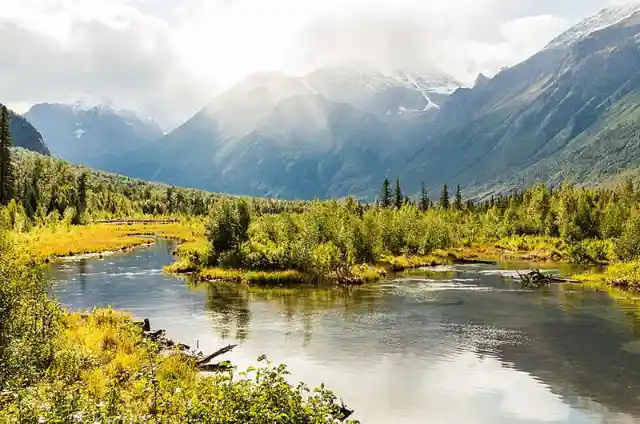
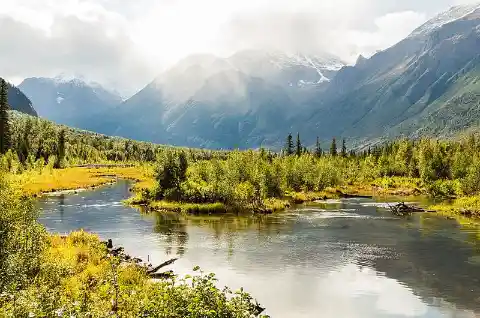
The positives on its side are the geographical diversity and pockets of agricultural production. There are zones that would be in hospitable, but it’s so large there could be migration to other areas that are easier to live. But this is a large problem.
The States
It sits far too low on clean-energy independence.
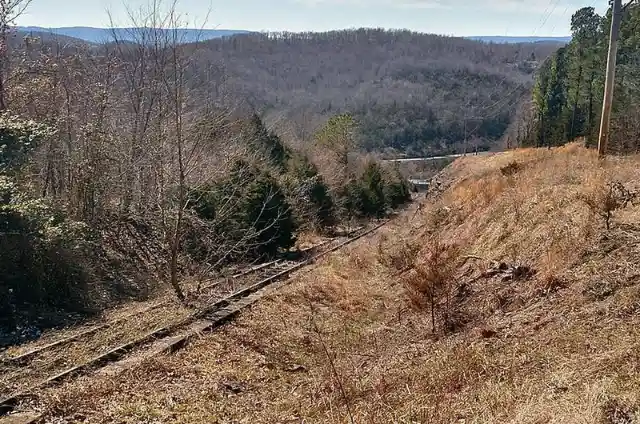
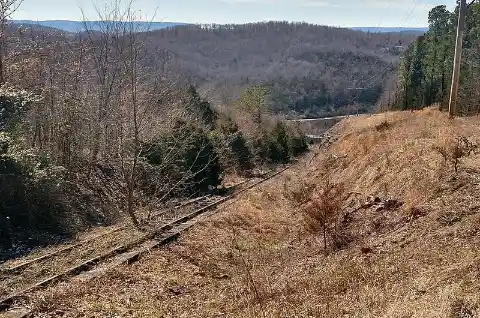
Between that and the large population as well as dependence on external resources, there would need to be some big changes to make sure people and the lands would survival. The country’s board also causes issues.
Canada
Canada ranks just above The States, but barely.
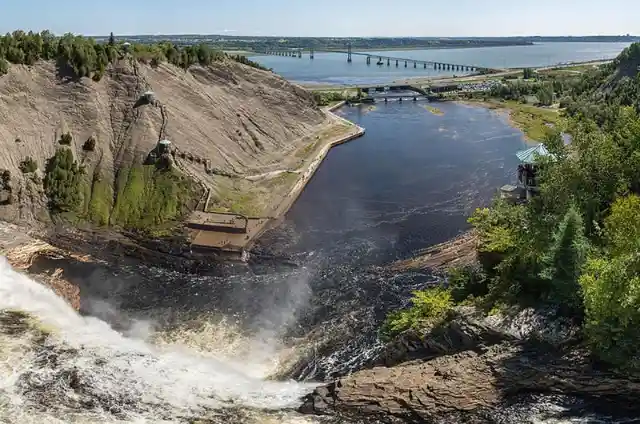
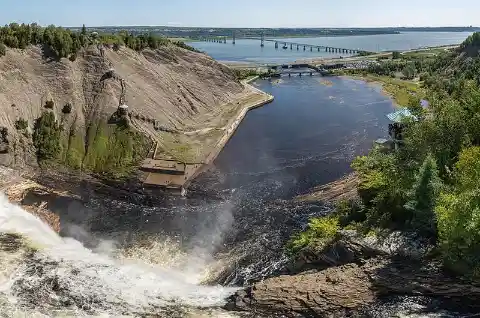
There are so many untapped resources it just boggles the mind. However, if anyone pays attention to North American crises, they’ll notice a pattern of “panic migration” that could overwhelm the entire system.
Canada
The risk of mass migration along the huge, unprotected border makes Canada less than ideal.
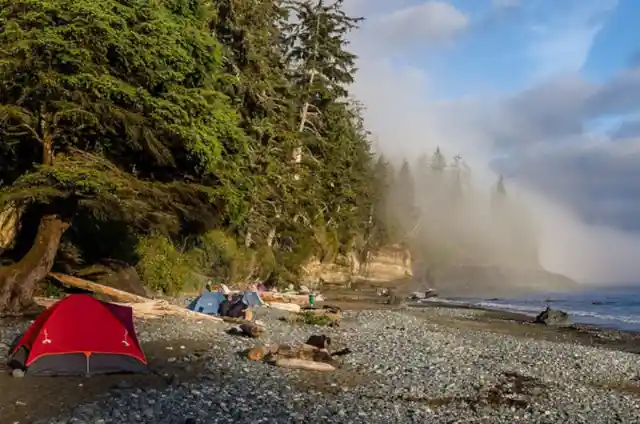
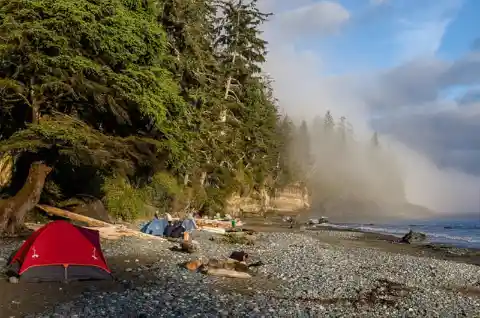
It also has many pockets of land that are unliveable. They would also need to become more energy independent to really have a good shot at survival intonational collapse.
Tasmania
The small Australian island of Tasmania takes second place.
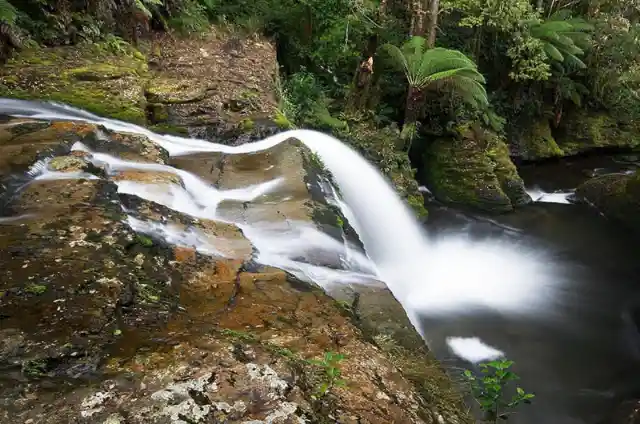
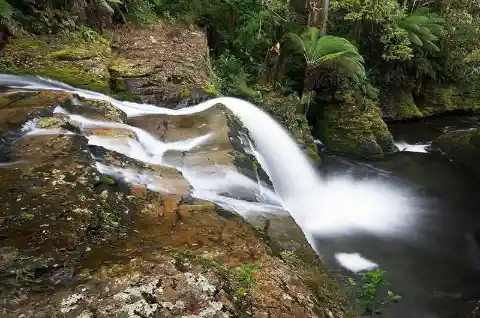
It’s current self-sustaining infrastructure is quite impressive. Chances of survival there are quite high. But if the worst happens, and people need to move to new lands, Tasmania might have one big downside.
Tasmania
It’s quite small and cannot support a large population.
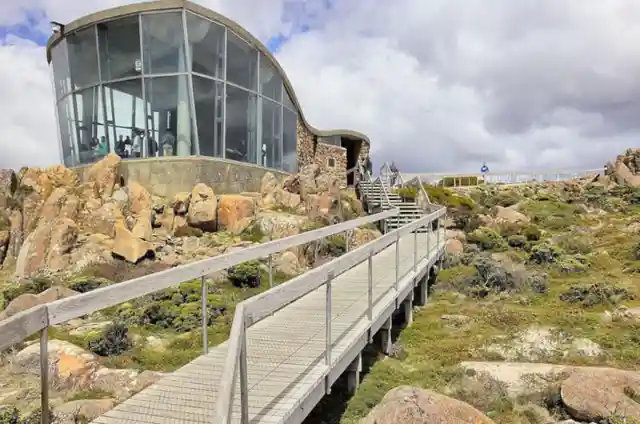
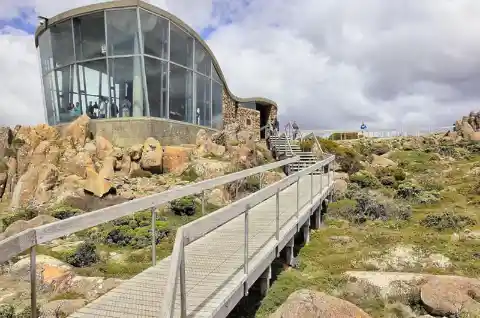
Any rush on the watery boarders would probably be met with immediately rejection or forced return. Most likely unless someone has a desirable profession, only the current population would be welcome. But who takes first place?
New Zealand
If climate change takes on a worst-case scenario, New Zealand is actually the best place in the world to live.
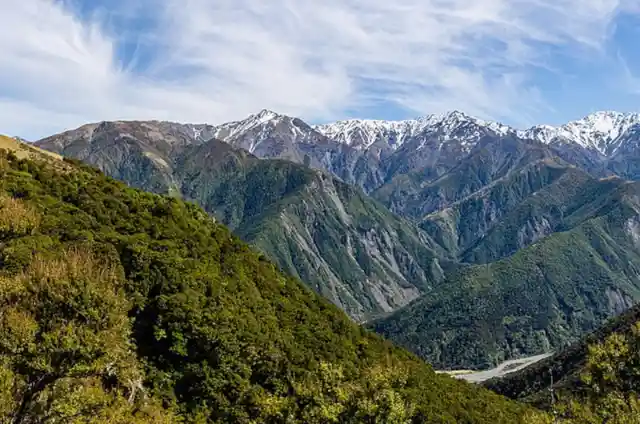
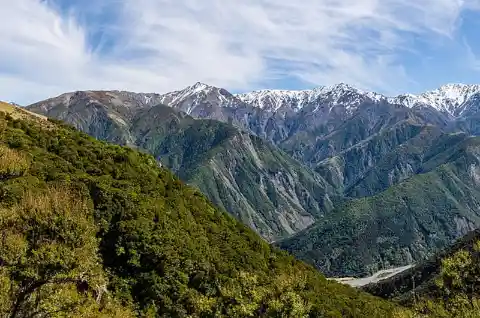
Any survivalist will know it already has everything that’s needed – remote, untouched lands, untapped resources, best position for climate alteration, current infrastructure independence, etc. But that’s not all.
New Zealand
Millionaires and billionaires have already been scoping out places for their Plan B accommodations in the wilds where Hobbits have roamed.
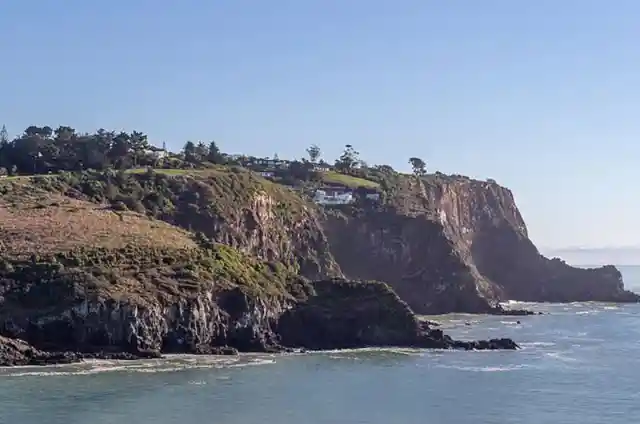
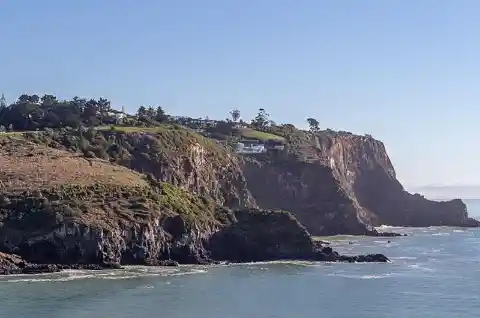
Even celebrity director James Cameron has set up his life and base there. No one can blame him, it’s a beautiful place to live. There are, however, two more contenders that are worth mentioning.
Iceland
Iceland takes fourth place. It’s big on renewable energy – current systems as well as future research.
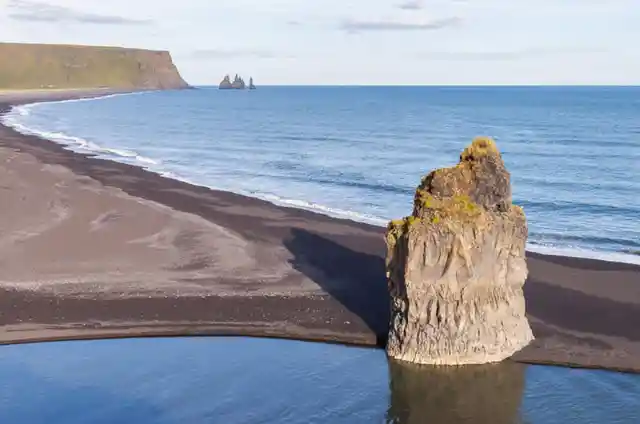
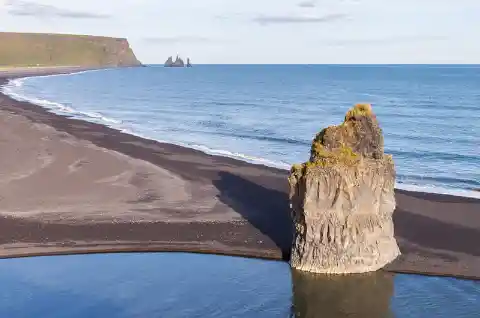
It’s also a remote island (obviously there’s a pattern here). However, despite it checking many boxes, there’s one main problem.
Iceland
The melting glaciers have already affected the ocean leaves around the country.
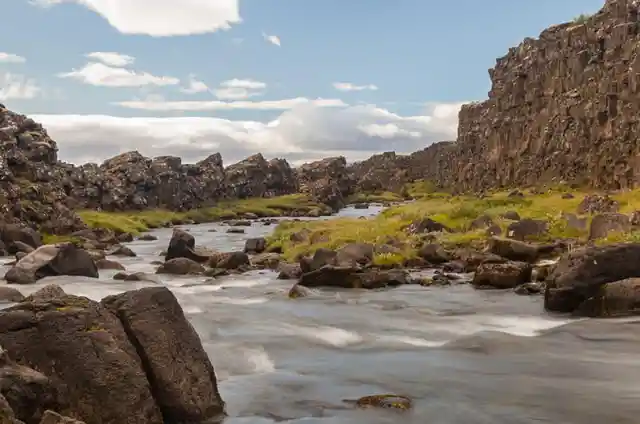
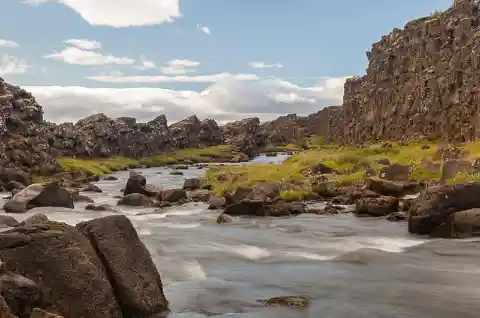
So, the safe haven is getting smaller by the year. It’s no likely to be engulphed, just don’t buy any property near the coast. Stick to higher elevations.
The UK
Honorable mention must also go to the UK.
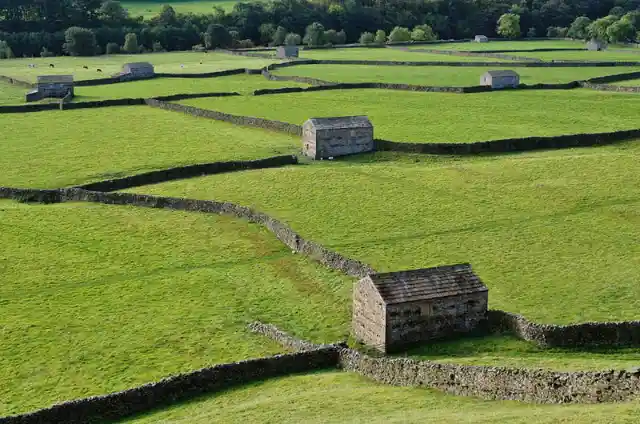
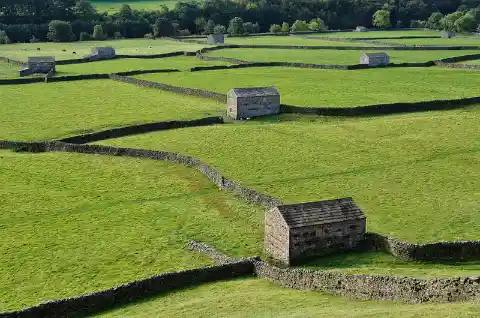
It’s an island, it has resources, would be climate-diverse enough, gets plenty of rainfall, etc. But its population compared to resources is not ideal. It would need to make some serious changes to bump itself up the list.
Don't Lose Hope
Even though talk of climate change and societal collapse are hot topics in the last few years, that doesn’t mean people should sell their houses and relocate tomorrow.
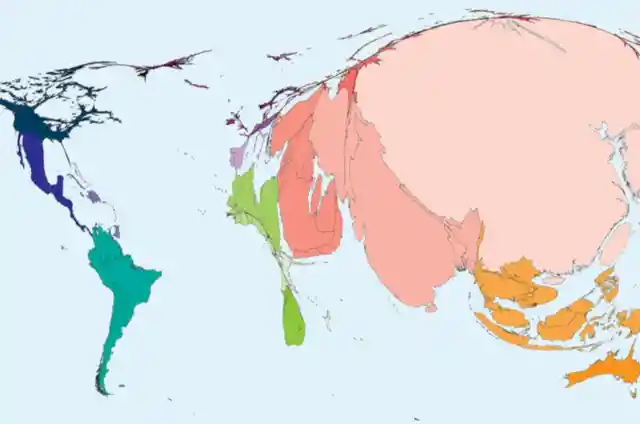
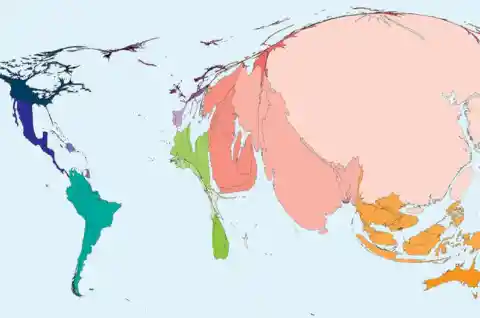
It’s still the best idea to see how everyone can help their current area, and the world, be better in general.